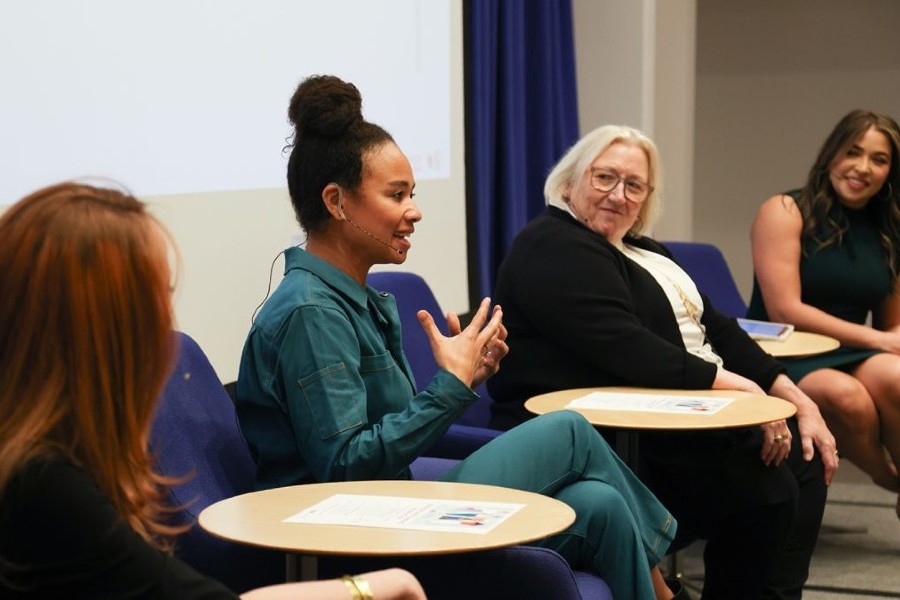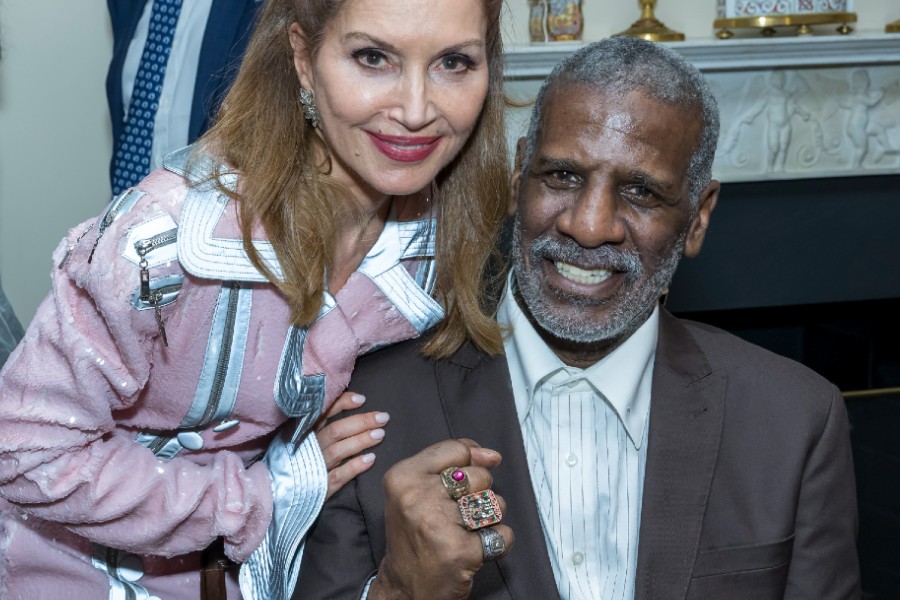
The fear of failure can halt progress, but what if failure wasn’t a barrier but an opportunity for growth?
In a success-driven culture, it’s easy to overlook the valuable lessons failure offers.
Here’s how to use mistakes as a learning experience.
Think in Terms of Development, Not Defeat
Redefine your perception of failure. Instead of viewing missteps as a measure of your talent, see them as opportunities for improvement. Setbacks provide valuable insights, encouraging flexibility, perseverance, and skill-building. Studies show that how you frame failure can impact outcomes, empowering you to control your learning journey.
“By adjusting your mindset, you can let mishaps propel you forward. “
By adjusting your mindset, you can let mishaps propel you forward. Flexibility is key. According to Jason S. Moser, PhD, people who believe intelligence is malleable respond to mistakes more constructively than those who see it as fixed. Entrepreneurs who adapt quickly after mistakes often succeed faster. Reframing failure allows you to make improvements and discover new skills.
Consider the following:
- Create a mindset that views failure as a learning opportunity.
- Define mistakes as short-term setbacks, not inadequacies.
- Value persistence and resilience when facing challenges.
Contemplate Your Missteps
Preparedness is crucial in business, but you can’t predict every outcome. Reflect on what contributed to an unfavorable result systematically. Group elements into areas within and beyond your control, such as:
- Internal issues like strategy or quality control.
- External factors like market conditions or competition.
Identify specifics within each area. Note what you did well and poorly, and involve your team. Welcoming feedback from partners, mentors, and staff provides insight from various perspectives.
Take Stock of Lessons Learned
Analyzing failures is futile if you don’t learn from them. To direct the learning process, ask:
- What insights can inform future decisions?
- What steps can you take for improvement?
- What patterns or recurring themes are there?
Adjust your plan based on these insights. As Ryan Babineaux advises, don’t just “Fail Fast, Fail Often,” but also succeed fast by recognizing and correcting failures early. Implement changes and try again.
Implement Changes, and Try Again and Again
Use lessons from failure to take proactive steps. Adjust your strategies, processes, and behaviors. Begin your journey with a commitment to flexibility and improvement, and monitor your progress. Each failure becomes a step toward success. Continually take chances and learn, because “your only other choice is NOT to take action and NOT to move forward,” wrote Jim Peacock.
“The way you frame mistakes can change the game …”
The way you frame mistakes can change the game for personal and professional growth. Seeing failure as part of the learning process opens doors to new ideas and cultivates growth. By deploying these strategies, you can turn each failure into a stepping stone for success.
In gear up to tackle setbacks head-on and turn them into opportunities for success.
Become a Harlem Insider!
By submitting this form, you are consenting to receive marketing emails from: . You can revoke your consent to receive emails at any time by using the SafeUnsubscribe® link, found at the bottom of every email. Emails are serviced by Constant Contact








